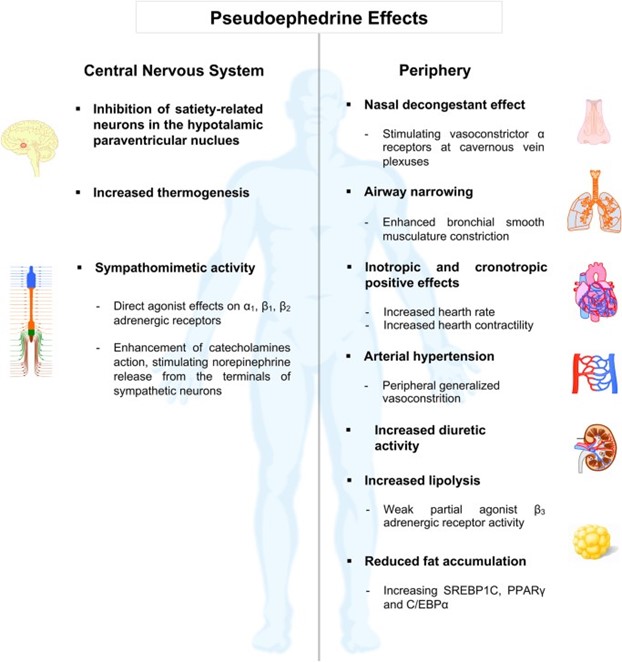The nurse is reviewing medication errors. Which situation is an example of a medication error?
A patient develops hives after having started an IV antibiotic 24 hours earlier.
A patient complains of severe pain still present 60 minutes after a pain medication was given.
A patient receives a double dose of a medication because the nurse did not cut the pill in half.
A patient refuses her morning medication
The Correct Answer is C
A medication error refers to any preventable event that may cause or lead to inappropriate medication use or patient harm. In this case, the nurse administering a double dose of medication due to a failure to cut the pill in half is a medication error. It involves the administration of an incorrect dose, which can potentially result in harm or adverse effects for the patient.
The other situations mentioned do not necessarily indicate medication errors. A patient developing hives after starting an IV antibiotic could have an allergic reaction, and appropriate actions should be taken to address the reaction. A patient complaining of severe pain still present after receiving pain medication may require further assessment and intervention to manage their pain effectively. A patient refusing her morning medication is not a medication error but rather a patient's right to refuse treatment, and appropriate documentation and communication should be done in such situations.
Nursing Test Bank
Naxlex Comprehensive Predictor Exams
Related Questions
Correct Answer is ["10"]
Explanation
To determine the mL of diphenhydramine elixir to administer per dose, we need to calculate the dose based on the prescribed amount and the concentration of the elixir.
Given:
Prescribed dose: 25 mg Concentration of elixir: 12.5 mg/5 mL
We can set up a proportion to find the equivalent mL for the prescribed dose: 25 mg / x mL = 12.5 mg / 5 mL
Cross-multiplying and solving for x, we get:
25 mg * 5 mL = 12.5 mg * x mL 125 mg = 12.5 mg * x mL
125 mg / 12.5 mg = x mL 10 mL = x mL
Therefore, the nurse should administer 10 mL of diphenhydramine elixir per dose.
Correct Answer is C
Explanation
Pseudoephedrine is a sympathomimetic medication that acts as a decongestant by constricting blood vessels in the nasal passages, which helps to relieve sinus congestion. However, it can also cause vasoconstriction in other parts of the body, leading to an increase in blood pressure. Therefore, it is contraindicated for individuals with hypertension (high blood pressure).

The other conditions mentioned, migraines, eczema, and diverticulitis, are not contraindications for the use of pseudoephedrine. However, it is important for individuals with these conditions to consult their healthcare provider before taking pseudoephedrine, as it may interact with other medications or exacerbate certain symptoms.
Whether you are a student looking to ace your exams or a practicing nurse seeking to enhance your expertise , our nursing education contents will empower you with the confidence and competence to make a difference in the lives of patients and become a respected leader in the healthcare field.
Visit Naxlex, invest in your future and unlock endless possibilities with our unparalleled nursing education contents today
Report Wrong Answer on the Current Question
Do you disagree with the answer? If yes, what is your expected answer? Explain.
Kindly be descriptive with the issue you are facing.
